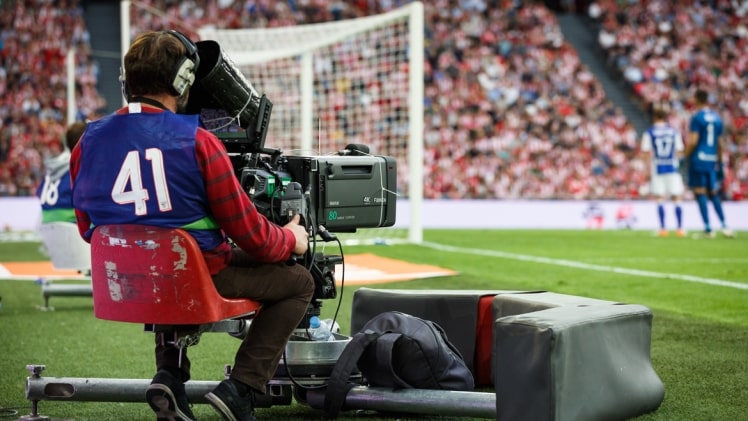The World of Sports Broadcasting has come a long way since it was first introduced to the American public. Today, there are more sports shows on the air than ever before, and the industry continues to evolve. In this article, we’ll discuss the Education and Training requirements for this profession, along with career opportunities and the expected Job outlook. Read on to discover what it takes to get started on your career path in Sports Broadcasting.
Careers in sports broadcasting
As a sports fan, you may want to pursue a career in sports broadcasting. The industry is full of opportunities, but the process of becoming a full-time broadcaster may take up to a decade. Many sports broadcasters are “permanent freelancers,” meaning that they receive money for their services from several different companies without working for a single one. The following are tips on how to make a career in sports broadcasting a reality.
A bachelor’s degree in journalism, broadcasting, or a related field may provide an excellent foundation. A bachelor’s degree in media or another field can also be useful, as many employers will value real-world experience over a classroom education. However, even with a college degree, you’ll need to seek out any relevant work experience to ensure you get the job you want. And you should be aware that a college degree is not necessary to break into the sports broadcasting industry.
Education requirements
Before getting into sports broadcasting, you should earn a bachelor’s degree in broadcast journalism or a related field. The proper education will provide you with hands-on experience in all aspects of broadcasting. You will learn how to operate the various controls in a broadcast booth, create video, and edit audio. In addition, you’ll learn about the ethics and social role of athletics. You can attend a technical school, college, or private school that specializes in broadcasting.
Many television stations and radio stations feature sports broadcasts. Typically, these broadcasters have a bachelor’s degree from an accredited institution. They typically major in mass communication, media, or communications. Then, they specialize in sport journalism. During their education, they also take electives in public speaking, sports history, media marketing, and sports broadcasting. Some stations even require students to complete a short broadcasting project at the end of the program.
Career opportunities
Whether you’re passionate about watching your favorite sports teams play or are just looking for an opportunity to make money from your passion, there are numerous career opportunities in sports broadcasting. The industry includes everything from television to radio and even the Internet. There are many different types of jobs in this field, including radio and television host. Listed below are some of the most common ones. Read on to discover more about these different jobs. Here are a few other things to consider when choosing a career in sports broadcasting.
In most cases, sports broadcasters must have a bachelor’s degree, typically in a related field. However, some colleges offer a specific major in sports broadcasting. While studying for a bachelor’s degree, students will gain knowledge about the history of sports, broadcasting, media marketing, and station operations. During their internships, students will learn about the different aspects of the broadcasting industry, including how to manage a studio, what equipment to purchase, and how to get a team’s support.
Job outlook
The job outlook for sports broadcasters is favorable despite the recent recession. Employment opportunities remain strong but the industry is highly competitive. As a result, many people who enter the field stay in it until they retire, meaning that competition for job openings can be fierce. However, the shift in entertainment is also having an effect on job prospects. Satellite radio has reduced the demand for nationalized content, while podcasts and other forms of entertainment are replacing many 스포츠중계.
Aside from on-air talent, those who work in sports broadcasting also play other roles in the industry. They can be producers, reporters, analysts, and even announcers. On-air talent is also important for sports broadcasts, as they conduct research and interview athletes and develop stories. Sports reporters and sports editors can present on-location broadcasts, take pictures, and write reports. As an entry-level position, they can help companies market themselves to the public and gain sponsorship.

